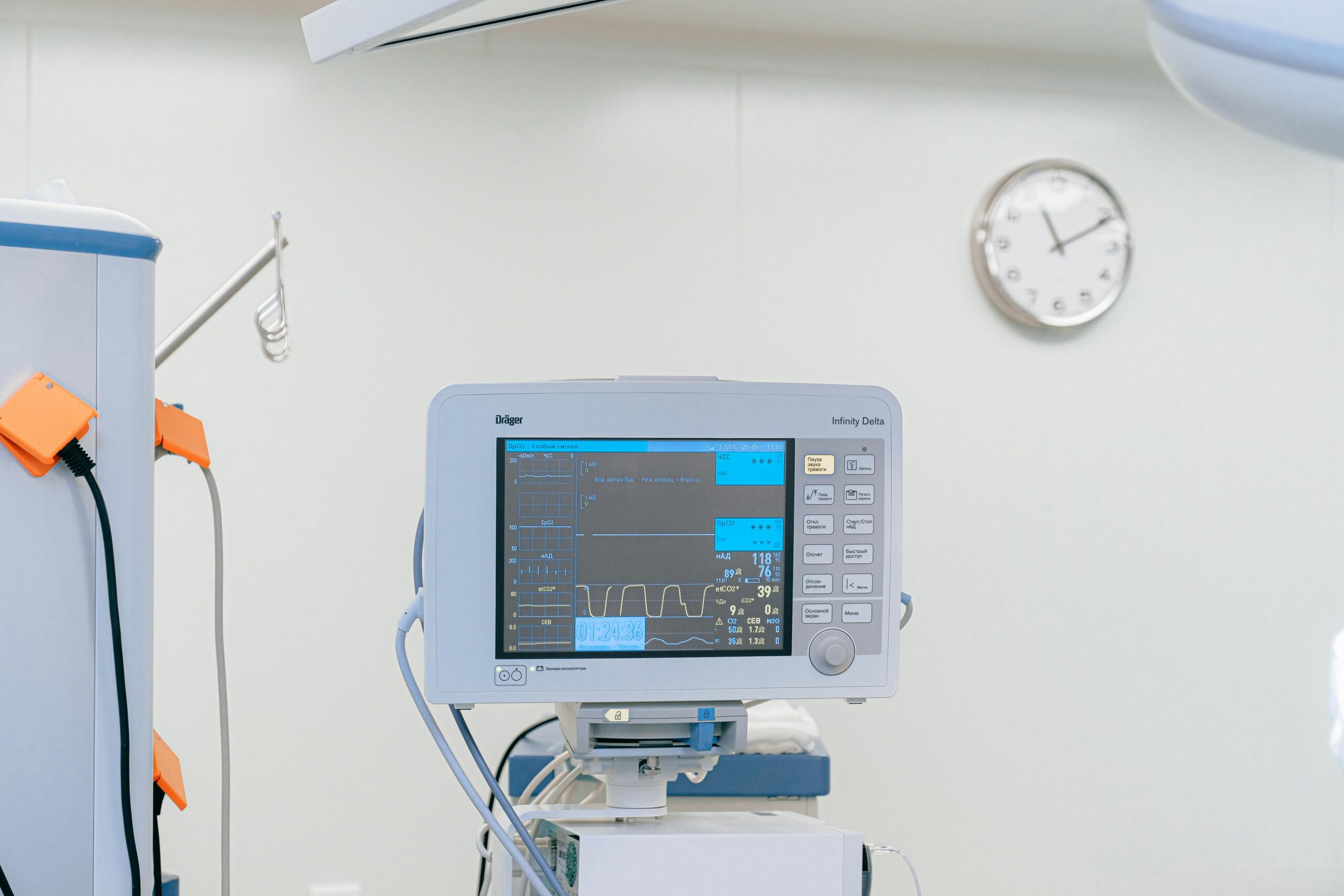
The widely discussed Adriana Smith case unfolding in Atlanta raises many thorny ethical questions. Despite the case’s high profile, the facts about what happened that led to a situation in which Emory University Hospital Midtown plans to deliver a fetus from a woman who has been dead for months, via C-section in August, are murky.
What we know is that she is thirty. She went to a hospital last February with severe headaches. She appears to have had brain bleeds but was not given a full neurological workup during this initial visit. She was back again and transferred to Emory University Hospital where, as it happens, she worked as a nurse. A CT scan there revealed multiple blood clots in her brain. She deteriorated and was eventually declared brain dead. She was then moved to Emory Midtown. She was nine weeks pregnant when she died. She has been on life-supporting technologies for just over 90 days. Her body is now 22 weeks into her pregnancy. Images of the fetus indicate abnormalities.
We also know about laws governing reproductive choice in Georgia. Georgia is a state with a “heartbeat bill,” also known as the LIFE Act. This law bans abortions after there is a detectable fetal heart beat (usually at six weeks). The law recognizes an embryo or fetus as a person after six weeks of development. A fetus can be claimed as a dependent for the purposes of Georgia state taxes.
What is murky is a great deal, including how all this happened. Was her treatment adequate? Who can speak for her values and wishes? Who spoke for her as she died? Her mother is reported in the media as saying her daughter, once pronounced dead, was kept on a ventilator with the doctors’ plan being to keep her on life support until at least 32 weeks of gestation, when the fetus would have a better chance of survival outside the womb. She says the doctors were reportedly unable to consider any other options due to Georgia’s abortion laws pertaining to pregnancy and fetal personhood.
I don’t know what happened in this case, what conversations occurred, what diagnoses were made, who talked to whom, whether lawyers or an ethics committee decided that they had no choice but to try to save the fetus, and that meant keeping a dead woman on technologies. Nevertheless, I am certain this case has been misunderstood and likely mishandled. Three ethical dimensions of the Adriana Smith case need to be clarified in order to justify my judgment.
First, every competent patient has the right to refuse medical care and, if incompetent, to have a trusted surrogate do so. The right is not contingent on its impact on others. I have been present when a newly divorced Jehovah’s witness mom with four kids ranging in age from eleven months to five years declined a necessary blood transfusion and died. I tried to argue with her that she ought not leave her young family orphaned. She could not be persuaded. No court would have backed an effort to force a transfusion upon her to ‘save’ her kids. The right to refuse is ethically and legally not contingent on its impact on others.
What we don’t know is what Adriana Smith would have wanted. Nor do we know who might have known her values or choices about her fetus. But, there is a powerful presumption that refusal of life support post death is her or anyone’s right. In addition, hospitals frequently invoke their right not to ‘treat’ the dead even when families demand it.
Second, the description of removing life support from a dead body carrying a three-month-old fetus is not an ‘abortion.” Abortion involves a deliberate, intentional act to end the life of a fetus. Removing life support will have the consequence of causing a fetus to end its maturation, but this is better described as a consequence or even an unintended ‘double effect’ of allowing death to be properly managed. No one taking away life support from her dead body has the intent to do so in order to terminate the life of her fetus.
Third, and most importantly, trying to incubate a fetus in a dead woman’s body for six months with a planned C-section delivery at the end is not therapy but is highly experimental. There is no data on whether prolonged, technologically assisted incubation in a cadaver can produce a living, much less healthy baby. I know of only one case mentioned in the literature of anything approaching six months of life support involving a dead pregnant woman. This was in Germany years ago with no outcome being reported. Trying to do what doctors are doing in Atlanta is experimentation. As such, no one, the doctors, the state of Georgia, Smith’s family, or hospital attorneys are obligated to engage in human experimentation that completely lacks sufficient evidence to even try or any hint of consent from the deceased or her surrogates to participate in this last-ditch experiment. Indeed, suggesting that in this situation there is an inviolable, strict obligation to conduct this experiment on the woman’s body or the fetus is simply wrong.
A terrible tragedy is unfolding in Atlanta. It is tied up with uncertain facts, arguably bad state legislation, abortion politics, and even confusion over patient rights. What ought to be clear is that the proper categorization of using dead bodies as incubators for embryos or very young fetuses is nothing but an experiment. As such, there is no obligation on anyone’s part to conduct it.
Arthur Caplan, PhD, is the Drs. William F. and Virginia Connolly Mitty Professor of Bioethics at the Division of Medical Ethics, NYU Grossman School of Medicine.